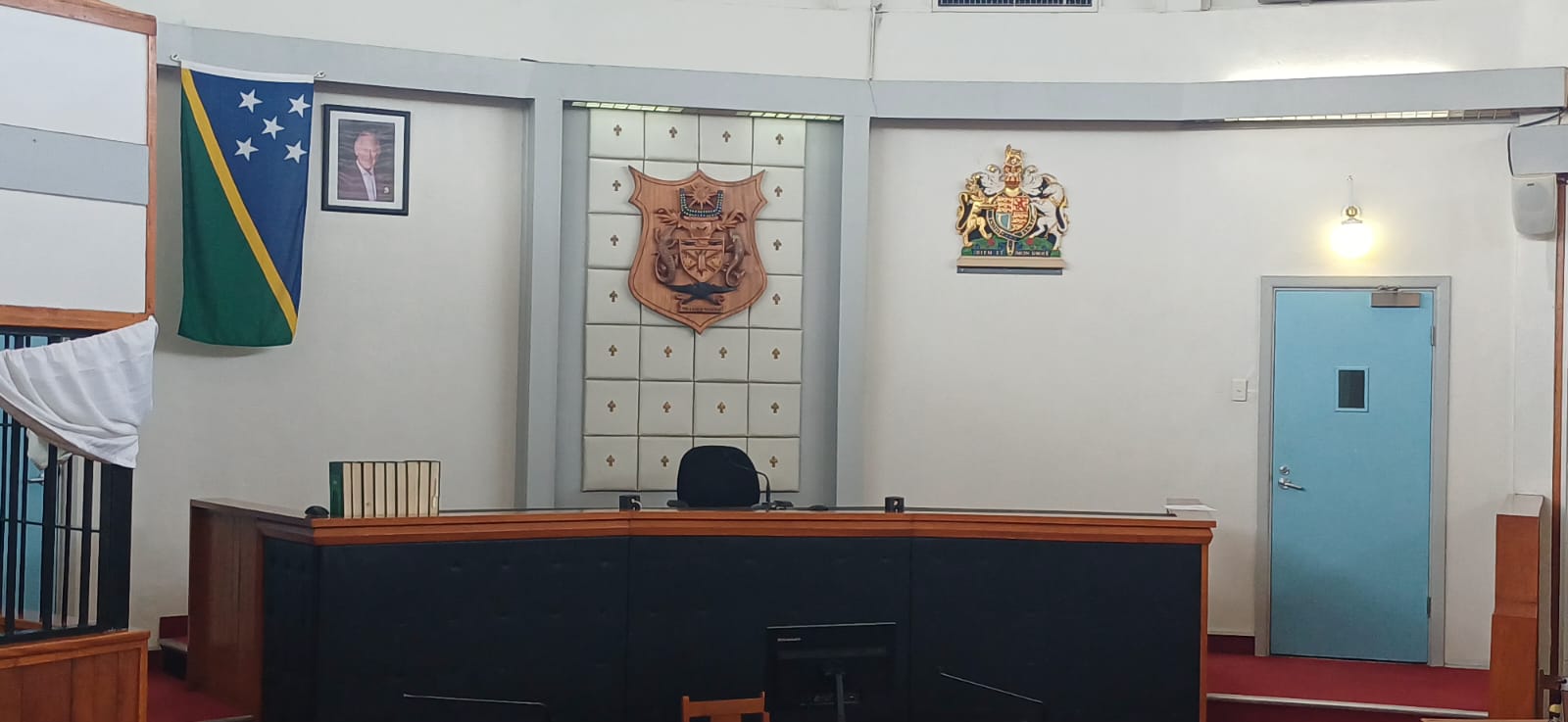Country has only 5 anaesthetists, Health Minister Bosawai tells Parliament
BY SAMIE WAIKORI
Solomon Islands is in severe shortage of Anaesthetists; specialised doctors who put patients to sleep before surgery or operation.
Health Minister Dr Paul Popora Bosawai told parliament yesterday that there are only five anaesthetists serving two hospitals in the country.
He said there are four trained to masters level who are working at the National Referral Hospital (NRH) while one with post-graduate diploma is working at Kilu’ufi hospital in Malaita province.
Dr Bosawai stressed that for NRH alone, four Anaesthetists is not enough to cover the seven operating rooms at the hospital.
Meanwhile, for other provincial hospitals apart from Kilu’ufi, there is no trained anaesthetist, which is a sad scenario, he says.
Responding to a question raised by the Leader of the Official Opposition, Matthew Wale, on the number of anaesthetists the country has, Minister Bosawai admitted that the critical deficiency the country faces in this lifesaving medical specialty.
He said at the moment there are only five anesthetists, though NRH needs seven, and the provincial hospital should also have them, but they don’t.
To address this, the Ministry of Health and Medical Services, (MHMS) is planning to increase the number of anaesthetists to at least 20 to cover all hospitals in the country.
The Minister said the NRH Anaesthesia Department plans to increase the number by taking in doctors interested in anaesthesia and training them for post-graduate level in anaesthesia.
“This post-graduate training arrangement is also supported by the Australian Society of Anaesthetists.
“They come in annually to conduct anesthesia training at NRH and currently there are six from the department, who trained from the training,” Bosawai said.
Bosawai also said the government also sent out post-graduate trainees to universities in PNG and Fiji, but the numbers sent was limited by how many the institution can accept at any one time.
“For example, Fiji National University (FNU) can only accept one trainee per year for anesthesia,” he said.
He furthered that at the moment the country has three post-graduate trainees in anaesthesia, who are studying at FNU and two of them should qualify by the end of 2027 and the country plans to send two more trainees in 2026.
Bosawai said to address the demand for anaesthetic services in the country, the NRH Anaesthetic Department will train doctors at SINU, so they can be equipped with necessary skills to provide anesthesia for life-saving surgery in the provincial hospital.
He said the first cohort of trainees will come into the anaesthesia model in the second half of 2025.
For feedback, contact:[email protected]





